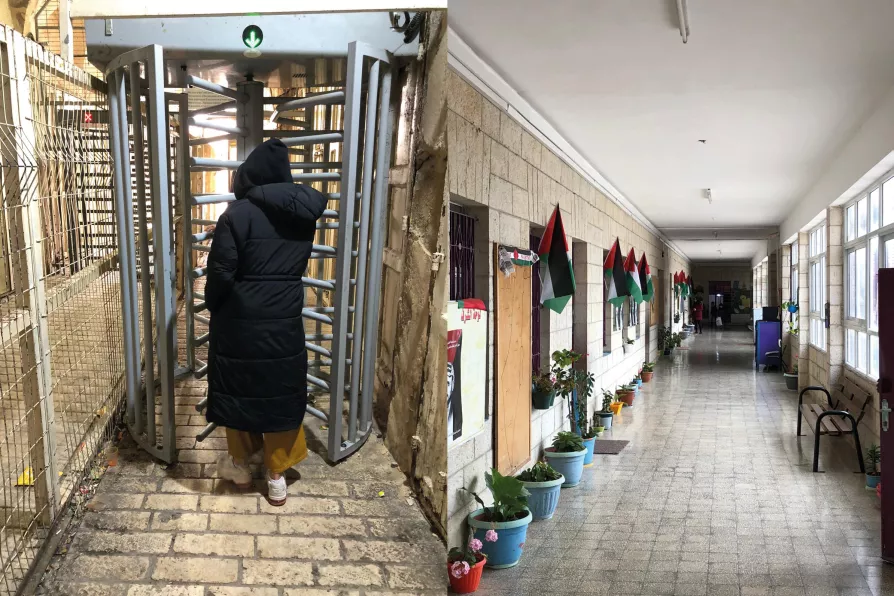RICHARD BURGON MP speaks to Ben Chacko about the Labour right’s complicity in the Mandelson scandal and the need for a total break with Starmerism if the party is to defeat Reform

 Photos from the Palestine visit. Many schoolchildren struggle to get to class due to detention at the checkpoints
[Author supplied]
Photos from the Palestine visit. Many schoolchildren struggle to get to class due to detention at the checkpoints
[Author supplied]
“WE need every free voice in the world to stand with education in Jerusalem” — Saed Erziqat, general secretary of the General Union of Palestinian Teachers.
On a recent National Education Union delegation to Jerusalem and the occupied West Bank, education professionals from England and Canada visited six schools, met national and regional GUPT officials, teachers, student activists and a number of human rights organisations.
Palestinian teachers were on strike because funding from Israel to Palestinian-run authorities was cut by 22 per cent last year leaving teachers being paid only 80 per cent of their salaries, with some taking second jobs to make meagre ends meet.

Educators must fight for an inclusive, creative system that values all children













